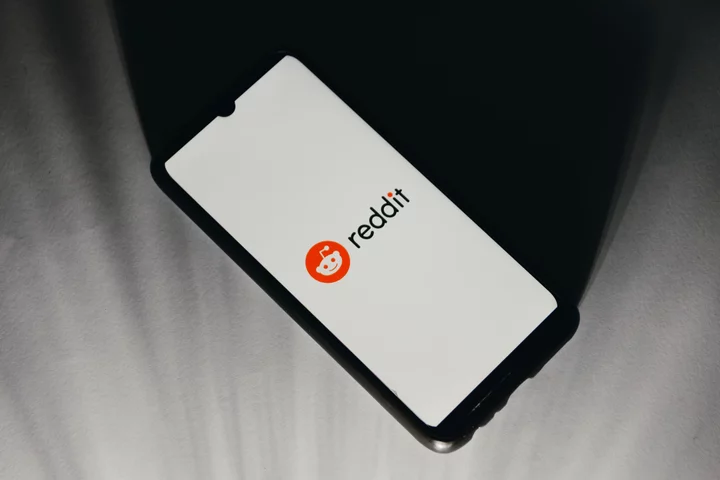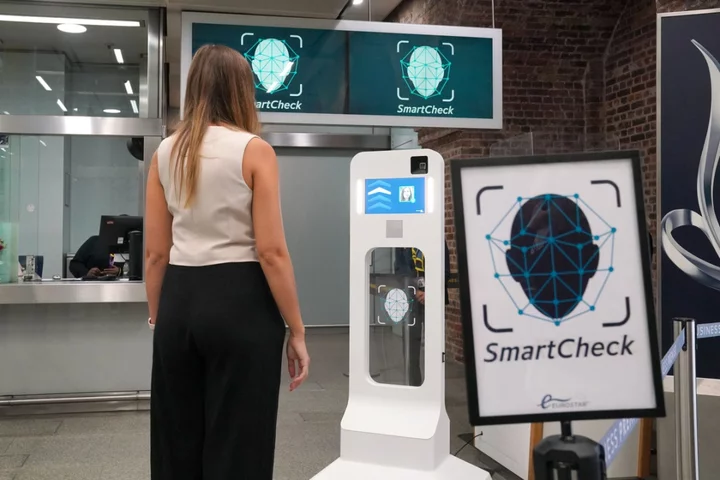Social media firms should reimburse online purchase scam victims – Barclays
Tech companies should help to reimburse the victims of social media purchase scams, bosses at Barclays have said. It comes as data from the bank revealed a jump in the number of social media scams affecting British shoppers. Purchase scams, where people buy good which never arrive or are not as advertised, now account for two thirds of all reported scams, according to the research. Barclays said that 88% of these scams, which cause victims to lose £1,000 on average, start on social media platforms. The bank has called for more to be done in order to prevent these scams, demanding further action from social media companies and politicians. It has called for a victim reimbursement fund to be financed by all firms whose systems and platforms are used to perpetrate scams, including tech companies and banks, as part of four recommendations. Currently victims are only reimbursed by funding from banks, Barclays said. The banking giant also called for the creation of a cross-Government group within the Home Office to deal with the issue in order to coordinate regulators, policy makers, industry groups, and companies across different sectors. The prevention of scams should also be made mandatory, particularly for tech companies, in a shift from current voluntary measures, it added. Barclays also urged the Government to make organisations publish their scams data in order to inform consumers of the risks involved in using their platforms. Matt Hammerstein, chief executive officer of Barclays UK, said: “With so much of everyone’s lives now being online, from staying connected with friends and family, to shopping, it’s important that people feel safe on the platforms they use. “Our data shows that tech platforms, particularly social media, are now the source of almost all scams. “However, there is no current legislative or regulatory framework obliging the tech sector to support the prevention of these crimes, as there rightly is for banks. “We can only drive back this epidemic, and protect UK competitiveness, by stopping scams at their source, preventing the flow of funds to organised crime.” Read More Charity boss speaks out over ‘traumatic’ encounter with royal aide Ukraine war’s heaviest fight rages in east - follow live Hozier would consider striking over AI threat to music industry Snapchat experiences ‘temporary outage’ as My AI chatbot posts own Story Crime victims’ data revealed by two police forces in FoI responses

Tech companies should help to reimburse the victims of social media purchase scams, bosses at Barclays have said.
It comes as data from the bank revealed a jump in the number of social media scams affecting British shoppers.
Purchase scams, where people buy good which never arrive or are not as advertised, now account for two thirds of all reported scams, according to the research.
Barclays said that 88% of these scams, which cause victims to lose £1,000 on average, start on social media platforms.
The bank has called for more to be done in order to prevent these scams, demanding further action from social media companies and politicians.
It has called for a victim reimbursement fund to be financed by all firms whose systems and platforms are used to perpetrate scams, including tech companies and banks, as part of four recommendations.
Currently victims are only reimbursed by funding from banks, Barclays said.
The banking giant also called for the creation of a cross-Government group within the Home Office to deal with the issue in order to coordinate regulators, policy makers, industry groups, and companies across different sectors.
The prevention of scams should also be made mandatory, particularly for tech companies, in a shift from current voluntary measures, it added.
Barclays also urged the Government to make organisations publish their scams data in order to inform consumers of the risks involved in using their platforms.
Matt Hammerstein, chief executive officer of Barclays UK, said: “With so much of everyone’s lives now being online, from staying connected with friends and family, to shopping, it’s important that people feel safe on the platforms they use.
“Our data shows that tech platforms, particularly social media, are now the source of almost all scams.
“However, there is no current legislative or regulatory framework obliging the tech sector to support the prevention of these crimes, as there rightly is for banks.
“We can only drive back this epidemic, and protect UK competitiveness, by stopping scams at their source, preventing the flow of funds to organised crime.”
Read More
Charity boss speaks out over ‘traumatic’ encounter with royal aide
Ukraine war’s heaviest fight rages in east - follow live
Hozier would consider striking over AI threat to music industry
Snapchat experiences ‘temporary outage’ as My AI chatbot posts own Story
Crime victims’ data revealed by two police forces in FoI responses









